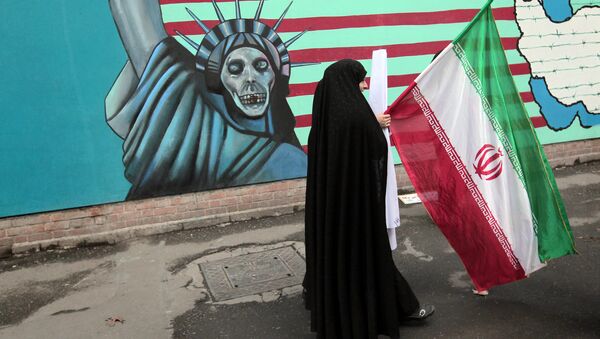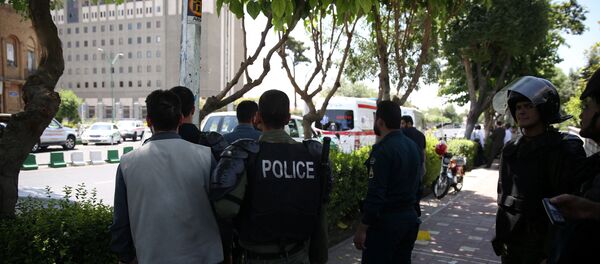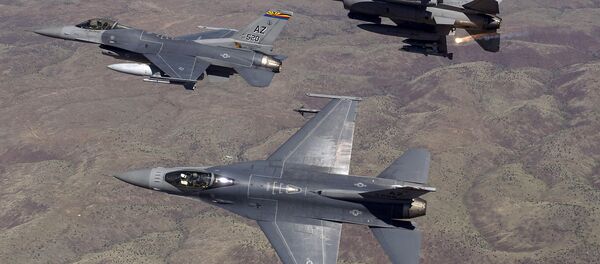In their opinion, it is necessary to look at yesterday's terrorist attack in Iran, more widely as this attack could be a warning for Turkey, Iran and Qatar by the US, which seeks to establish its control throughout the Middle East.
“If Daesh has the capacity to carry out such a terrorist act in Tehran, then why did it not do it earlier? After all, Daesh considers the Shiites to be one of its main enemies,” Agar said.
Furthermore, the expert said that on the eve of the terrorist attacks in Tehran, forces opposing the "mullah regime" called for carrying out armed actions.
“These forces have Sunni roots, in addition, in the southwest of Iran, there are structures that at one time became the reason for the outbreak of Saddam's war. They are based on the Sunni-Arab element. I'm inclined to see the connection of terrorist acts in Tehran with these structures,” Agar said.
According to Agar, the Sunni structures existing in the region are subject to a process of radicalization and are increasingly beginning to resemble Daesh.
The expert also said that it is necessary to understand that such a force as Daesh cannot be destroyed if it enjoys support within society. A significant part of the population of the Middle Eastern region is heavily influenced by these radicalized militants. The population gradually becomes a part of it, losing its rights.
“This process is extremely traumatic for the population, which will negatively affect its future. The main problem today is not so much Daesh itself, but the stratum of the population that lost its rights and became a victim of its own ignorance. It was simply deceived,” Agar said.
He said that there is a link between the attack on Iran and the growth of US force in the region.
Recently Washington and Riyadh signed an agreement for $350 billion, out of which $110 billion will be used for weapons supply. It is the largest arms deal between the two countries.
“It is obvious that the US intends to strengthen its influence in the Middle East. That's why it does not want to see Qatar and Iran as its rivals, as they have begun to develop cooperation in the gas-bearing basin,” Aslantash said.
Another manifestation of the anti-Iranian policy of the United States was the strike by US-led coalition planes at the forces that operate in conjunction with the Syrian government’s army in the al-Tanf area, located within one of the security zones created at the initiative of Turkey, Iran and Russia.
“The blow was struck on the Shiite militia. This once again indicates that Iran is one of the main targets for the United States. We see that US policy boils down to explicit attempts to dominate the Middle East, subordinating Saudi Arabia to its influence,” the expert said.
Speaking about the fact that the US wants to turn Turkey to its side in this conflict, Aslantash said, “Turkey is also being set up against Iran. However, for it to join the emerging anti-Iranian front would be very dangerous. Turkey should remain aloof, since there can be no question of receiving any benefit from the inclusion in the possible conflicts.”
The expert thinks that Ankara should strengthen relations with Iran, because the only way to prevent clashes is to establish a dialogue in the region, so that Russia, Iran and Turkey could play a more active role in the Syrian settlement.




